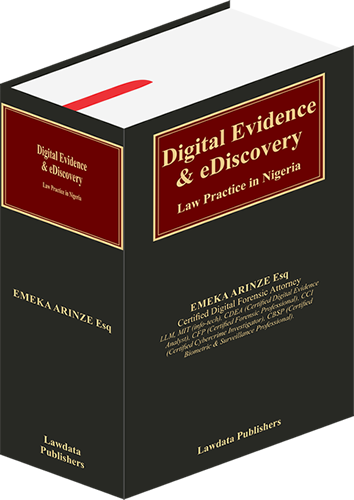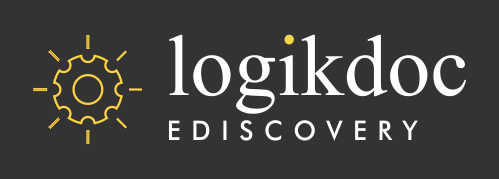Compliance Certification Program in Digital Evidence, Exhibits Management, Forensics, and eDiscovery Processes
For Banks & Financial Institutions
Overview
There is no doubt that the Internet has played a key role in changing the business landscape in the world of today, bringing with it, globalisation and technological innovations that are increasingly enabling businesses change their traditional mode of operation. This development saw the emergence of electronic commerce, allowing businesses to more effectively interact with their customers. One industry with the complexities of the 21st century that uses this communication channel to reach its customers in real time, is the banking industry, where financial wealth is now recorded, stored, and transferred around the world in seconds using electrons at a rapid pace that is hard to fathom.
With the growth in the Internet and the digital economy, the most significant problem faced by the banks is where a third party intervenes by undermining the technology between the banks and the customer for the purposes of fraud. In that regard, when determining if either the customer or the bank is negligent, it is necessary to consider whether the customer or bank acted negligently or omitted to do something that should have been done, and if so, whether the loss sustained was the natural result of the negligence of the customer or the bank, or their failure to act.
Determining liability and exploring forensic evidence arising from violation of, or non-compliance with laws, rules, regulations, prescribed practices, or when the legal rights and obligation of the transaction are not based on well-established norms remain part of legal issues that confront e-banking activity.
All these, raise evidentiary and legal challenges in addressing issues of law, forensics and admissibility. The question is, how prepared are the legal and the technology department of banks and financial institutions in meeting the demand of CBN compliance requirement; the burden of inter facing with external solicitors, the burden of disputed Chip & PIN transaction; eDiscovery and Litigation Readiness; The Preservation of Evidence and Litigation Hold; early exchange of computer system information pursuant to eDiscovery in litigation; Production of electronically stored document; Digital forensic investigative methodology and techniques in financial crime; system malfunction and integrity violation, a precursor to section 84 of the Evidence Act

Program Outcome
-
CBN compliance requirement
-
Discharging the burden of inter facing with external solicitors
-
Discharging the burden of disputed Chip & PIN transaction
-
eDiscovery and Litigation Readiness
-
The Preservation of Evidence and Litigation Hold; early exchange of computer system information pursuant to eDiscovery in litigation
-
Production of electronically stored document
-
Digital forensic investigative methodology and techniques in financial crime; system malfunction and integrity violation, a precursor to section 84 of the Evidence Act 2011 Nigeria.
Features
- Scheduled Zoom Meetings
- Training Videos
- Online Self-Test
- Discussion Forums
- Assessments
Training Resource Tools

The Book
Digital Evidence & eDiscovery Law Practice

Logikdoc
Electronic Document Discovery Management System

ExhibitSecure
Digital Exhibit Management, Authentication, Security & Trial Presentation
Convener

